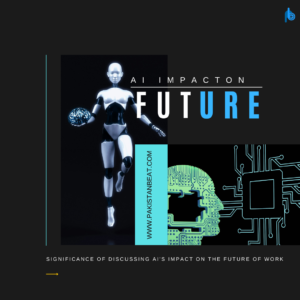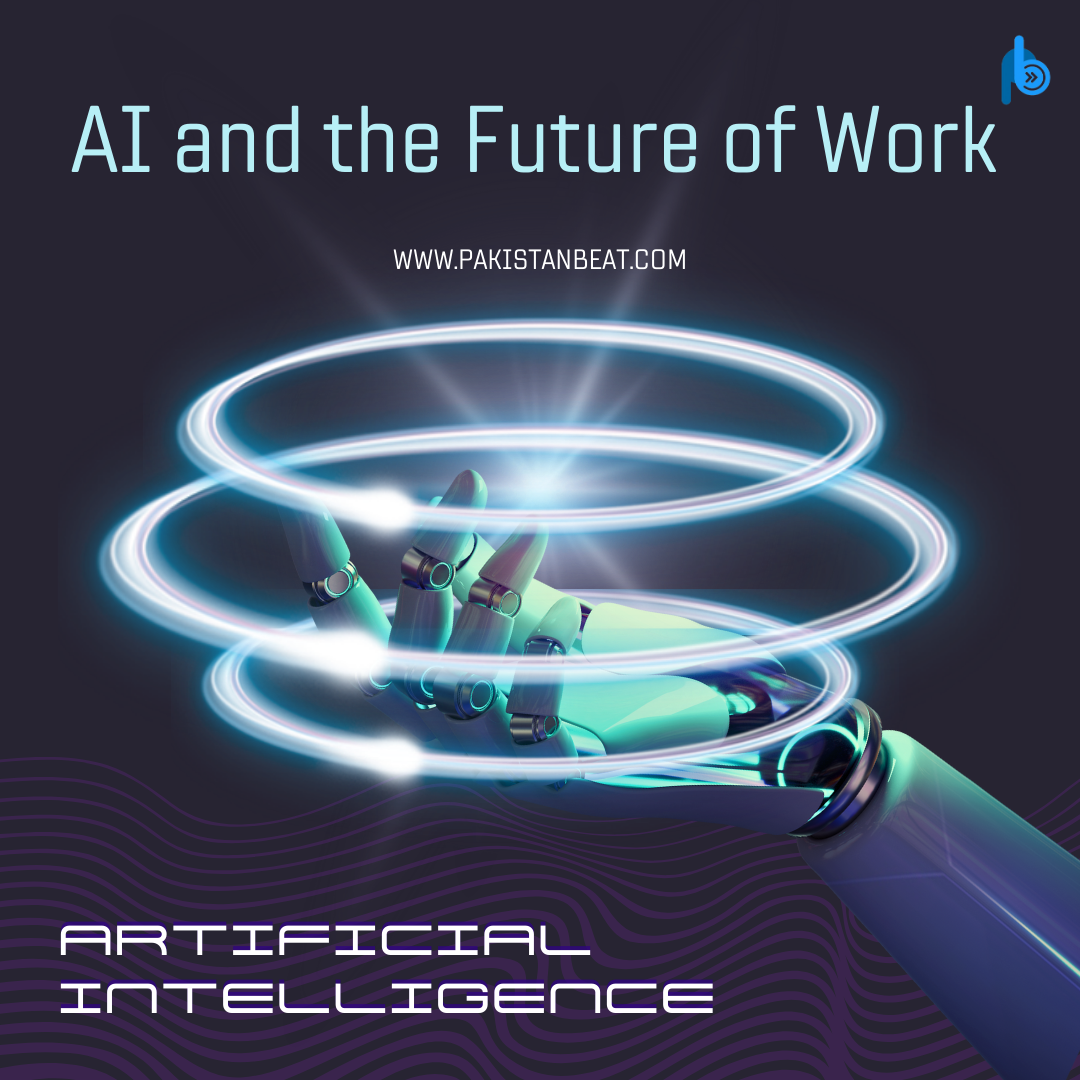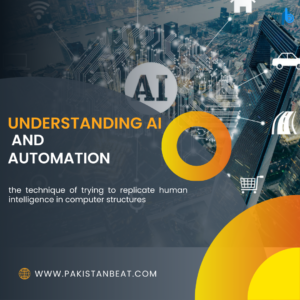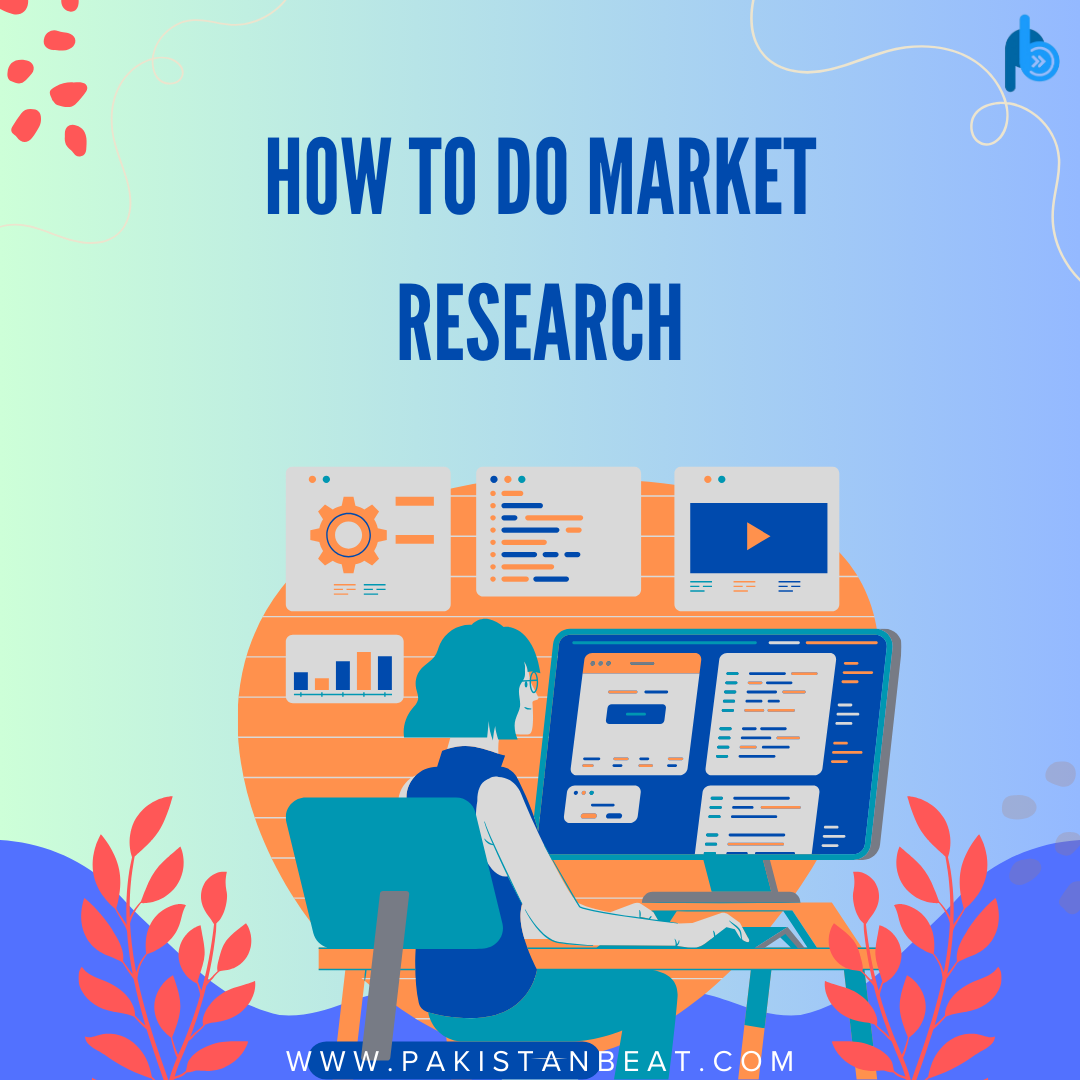Hello, and welcome to this captivating article on the future of AI & the jobs market!
The state of Pakistan is now actively in the phase of transitioning into the digital generation, which has led many to cook conspiracy theories over the impact that artificial intelligence (AI) and automation could have on employment possibilities. Are these technological improvements ushering in a new era, characterized by means of significant job disruption, or are they laying the basis for the conceptualization of refreshingly imaginative endeavors towards greater job creation? In this article, we take a detailed look at the intricate dynamics at play on the usage of artificial intelligence, in addition to the capacity impact that this era may have on strategic positions in Pakistan.
Overview of AI Advancements
In the past few years, synthetic intelligence or simply AI, has seen sizable advancements. It has brought about dramatic changes in a broad range of industries all around the globe, resulting in large-scale job disruptions in some of the more labor-intensive ones. In the real world applications, AI continues to push the limits of innovation, starting from predictive analytics to independent vehicles. Streamlining techniques and improving efficiency means raising the chances of job creation. This is why companies in Pakistan are increasingly turning to automation and artificial intelligence-induced solutions. This trend is anticipated to gain a one-way momentum in the foreseeable future.
Significance of Discussing AI’s Impact on the Future of Work

It is necessary for stakeholders in a wide variety of industries to have a stable know-how of the implications so one can sufficiently gauge the end-result from the ever rising use of artificial intelligence. While it’s still quite far-fetched that individuals, governments, and businesses who are striving to conform to the shifting employment marketplace, would possibly profit from acquiring highly accurate insights through exploring the nuances of how AI is remodeling project roles. It is also feasible that they ought to invest in this area to benefit in the long run from getting these insights, thereby improving their business models and sustainability. Through the enterprising conversations and the encouragement of strategic thinking, Pakistan may be able to better cope with the multi-faceted challenges it faces today. Novel opportunities might be offered by nature in a limited window of time, by means of embracing and harnessing the power of artificial intelligence.
Thesis Statement: Exploring whether AI will primarily disrupt or create jobs
In the context of Pakistan, it has to be looked into, as to the effects that AI can have on the future of labor with the aid of inspecting its potential to disrupt businesses and generate new possibilities. Specifically, the early-mover advantage could bring far-reaching recognition to Pakistan, thereby giving the burgeoning youth a new set of opportunities to boost their careers. After a comprehensive look into the problem, our goal is to cope with the complicated consequences that the AI-powered era has brought about, in order to bring the labor market up to terms accordingly.
Understanding AI and Automation
Definition of AI and Automation
An important element of the improvement of artificial intelligence (AI) is the technique of trying to replicate human intelligence in computer structures. Consequently, this makes it possible for the systems to replicate cognitive capacities like mastering, reasoning, and problem-solving. This is achieved so as to simplify approaches and decrease the quantity of human involvement that is necessary. Tasks are computerized through the software of modern-day technologies. Automating obligations is what we imply whilst we communicate with approximate automation. Through the enhancement of overall performance and productivity in addition to the promotion of innovation, artificial intelligence (AI) and automation collaborate to hasten the transformation of many sectors.
Impact of AI and Automation on Traditional Job Roles
The improvement of artificial intelligence and automation is bringing a shift in how we perceive modern, newer occupations and the dynamics of employment, that is leading traditional work roles to undergo a considerable transition. Likewise, this transformation is generating new ideas in terms of how we comprehend the complexities of employment. On the other hand, notwithstanding the fact that automation makes repetitive hard work more powerful, it also has the potential to result in the displacement of professions which are liable to being automated. One instance of an enterprise in Pakistan that relies heavily on physical hard work is the production-based industry. Another instance is the logistics industry. The use of artificial intelligence generation is becoming increasingly common throughout a number of businesses, which means that those agencies are vulnerable to seeing sharp fluctuations of their staff retention.
Job Disruption Perspective
Potential Job Losses Due to AI and Automation
On account of the truth that artificial intelligence and automation are continuing to take over mundane professions, there is a sizable level of anxiety across the board. Sectors in Pakistan which might be regarded for their repeated tasks, inclusive of retail and customer support, are going through massive staff downsizings as a result of the technology substitutes that are continuously improving their performance. This is a troubling situation, considering the fact that those sectors are known for being amongst the employment drivers. It becomes that much more concerning, given that the government hardly has the resources at hand to initiate large-scale skill development and upgrade programs for the country’s workforce.
Job Creation Perspective
Emergence of New Job Roles Driven by AI
The improvement of the synthetic intelligence era has spearheaded the emergence of ground-breaking enterprise sectors and job classes, each of which can be inflicting a shift inside the employment panorama. There is a growing need for data scientists, AI engineers, and cybersecurity professionals in Pakistan, which is evidence that a growing number of opportunities are coming handy in the digital economic landscape of the country. Other examples include the fact that there is a growing call for cybersecurity professionals, in a world where governments are getting more and more aggressive towards other states to conduct cyber attacks on strategic installations.
Balancing Job Disruption and Creation in the market
Education and Retraining Initiatives to Prepare for an AI-driven Future
For the objective of decreasing the negative results of job-market disruption, it’s very important to put massive emphasis on instructional and retraining programs to re-skill & upskill the workforce. Pakistan is capable of equipping its working population with the competences, vital to flourish in an economy powered by artificial intelligence. This can be made possible by cultivating an environment that encourages and rewards the pursuit of learning and skills development on a mass level.
Government Policies to Support Workforce Adaptation
The government has to play the most important part in the wider picture of helping with the timely adaptation of skills by a generation that is increasingly being exposed to an AI-driven ecosystem. Developing policy frameworks that combine packages for reskilling, digital literacy assignments, and generation incentives for innovation, is one way to make a defining contribution towards the promotion of sustainable employment in Pakistan. This is something that may be carried out on an emergency basis across the country.
The Human Element in the AI Era
Maintaining Human-Centric Values in an AI-Driven World
In times wherein terms like AI, IoT, 4IR etc.are going to dominate the era, it is critical and vital to pre-empt the kind of pressures which might be targeted on humans. Through the prioritization of values together with empathy, compassion, and moral concerns, advances which might be pushed by using artificial intelligence models that have the capacity to guarantee a focus on social well-being and diversity in Pakistan.
Concluding Note
At a time when Pakistan is struggling to come to grips with the delicate hyperlink that exists between artificial intelligence and the socio-economic destiny of a traditional Pakistani workforce, active brainstorming and engagement of industry-academia linkages may be the cornerstone of timely action and resilience. Through the use of technology, powered by artificial intelligence with foresight, ingenuity, and compassion, Pakistan is putting the basis for a future wherein human capacity will increase alongside the expansion of the economy. We invite you to sign up for us on this progressive route so as to bring about a future that is more equitable and prosperous for all and sundry, basing itself on meritocracy as the cornerstone of a new, more democratic social order.






1 comment
Bravo